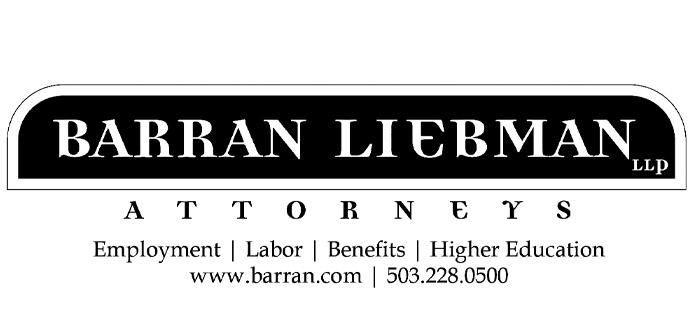Oregon employers: do you know what to do when a current or former employee requests their personnel records? There are certain obligations and requirements employers must comply with when an employee requests their personnel records. Now is a good time for employers to ensure familiarity with the rules and requirements regarding employee personnel records to be prepared and able to properly respond if/when an employee requests their records.
Oregon Law on Personnel Records
Under an Oregon law regarding personnel records (ORS 652.750), employers must provide employees with a reasonable opportunity to inspect their personnel records along with time and pay records and provide a “certified” copy of the records, upon request. Importantly, this requirement does not just apply to current employees; former employees also have the right to request and inspect/obtain copies of their records.
The requirement that employers provide a “certified” copy is somewhat unclear, as the law does not explain what it means to provide a “certified copy.” While employers should attest that they are providing a certified copy of the personnel records, nothing in the law requires that employers sign a statement under oath or penalty of perjury about the records and employers should avoid doing so.
Timeframe for Responding to a Request
Employers must furnish a certified copy of the records and provide reasonable opportunity for the employee to inspect their personnel records and time and pay records within 45 days after receipt of the employee’s request.
Note, if the employee’s personnel records or time and pay records are not readily available, there is a limited exception wherein “the employer and the employee may agree to extend the time within which the employer must provide the employee reasonable opportunity to inspect the records or furnish the employee a certified copy of the records.”
Documents Employers Must Provide in Response to a Request
Within 45 days after receipt of the employee’s request, employers must provide (1) “personnel records;” and (2) time and pay records.
Personnel Records: The law defines personnel records fairly broadly and it includes an employee’s records “that are used or have been used to determine the employee’s qualification for employment, promotion, additional compensation, employment termination or other disciplinary action.” This can cover a lot of different materials; some examples may include materials related to the hiring process (e.g., job advertisements, application materials, interview notes, offer letter, any employment contract), signed agreements (e.g., arbitration agreements, non-compete agreements, confidentiality agreements, etc.), handbook acknowledgements, job descriptions, performance evaluations, discipline, attendance records, training records, job changes (e.g., promotions, re-assignments, transfers, demotions, etc.), and any materials related to changes in pay.
Although the law defines personnel records broadly, there are certain records that should not be included. For example, the following materials should generally not be included: criminal records (e.g., records of an individual related to the conviction arrest, or investigation of conduct constituting a violation of criminal law), confidential reports from previous employers, tax records, immigration documents, and medical records. Documents and communications covered by an applicable privilege, such as the attorney-client privilege and/or work product privilege, should also not be included.
Time and Pay Records: Time and pay records are defined to mean “payroll records and other records and data” described under applicable administrative rules established by Oregon’s Bureau of Labor and Industries (BOLI). For example, some of the materials that should be included as time and pay records include, but are not limited, to the following: time of day and day of week on which the employee’s workweek begins, regular hourly rate of pay for any workweek in which overtime is owed, hours worked each workday and total hours worked each workweek, daily or weekly straight-time earnings, pay for overtime hours, total wages paid each pay period, date of payment and covered pay period, etc.
Recordkeeping Requirements
Upon termination of employment, Oregon’s personnel records law requires employers to keep the terminated employee’s personnel records for not less than 60 days. Employers must keep an employee’s time records for not less than two years and an employee’s payroll records for not less than three years. However, employers may choose to maintain them for a longer period given the statute of limitations for certain claims in Oregon (e.g., five-years statute of limitations under Oregon’s Workplace Fairness Act; six-years statute of limitations for wage/contract claims in Oregon), as it can be difficult for employers to defend against a claim without having access to the relevant records at issue.
Oregon employers should review their process for responding to personnel records requests to ensure timely and compliant responses and avoid penalties.
Natalie Pattison is a Barran Liebman LLP attorney, where she counsels and represents employers on a wide range of employment and labor matters. Contact her at 503-276-2104 or npattison@barran.com.




